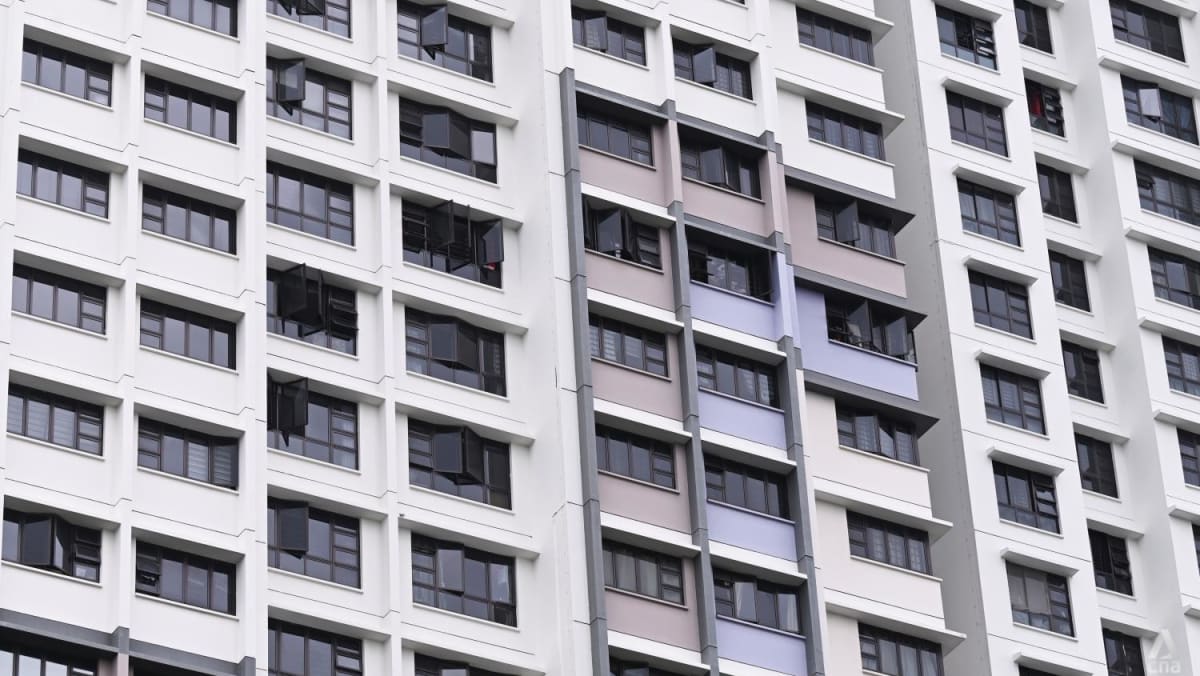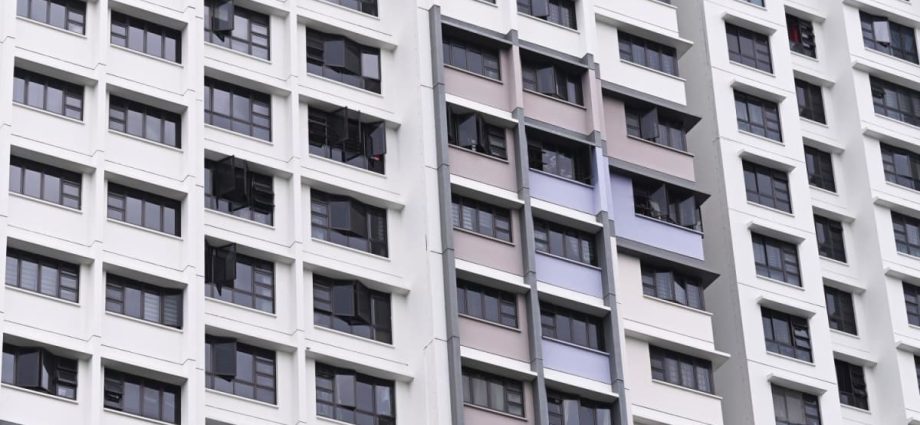
The authorities are also proposing mandatory mediation, which can be for residents who rejected voluntary mediation or for those who have breached settlement agreement terms.
According to the authorities, more than 80 per cent of neighbour disputes at the CMC are successfully mediated. However, a low proportion of applications for voluntary mediation – less than 30 per cent – actually proceed to mediation.
Disputing neighbours will also be able to register mediated settlement agreements as a CDRT order, which means that a breach of the registered settlement agreement will be treated as a breach of the CDRT order and result in further orders and penalties.
Under proposed enhancements, the CDRT process will also be updated to deliver faster and more effective relief for affected residents who reach that stage.
These could include having the CDRT issue interim orders, or mandatory treatment orders for those suffering from mental health issues that contribute to the problem.
The CDRT could also award costs to an aggrieved party to compensate him or her for the time, work and expenses required for the proceedings.
Currently, the CDRT can require a landlord to put up a compliance bond at the special direction stage. A special direction is issued when the CDRT finds that its initial order was not complied with. If the CDRT does put such a requirement on the landlord, the landlord may terminate the tenancy without incurring liability.
Under the proposal, the lever will be available at an earlier stage of the process. A neighbour will be able to serve a landlord a notice requiring the landlord to take steps to ensure that the tenant stops the nuisance. If the tenant does not stop, the neighbour may commence a CDRT claim against the tenant and seek an order for the landlord to put up a compliance bond and ensure that the tenant complies with the CDRT order.
Public officers or dedicated personnel may also file a request for the CDRT to assume jurisdiction over a dispute, should parties not wish to initiate a claim.
The public will be able to share their views on the proposal via go.gov.sg/feedbackcdmf. Feedback received will be reviewed by the authorities, and refinements made to proposals.

